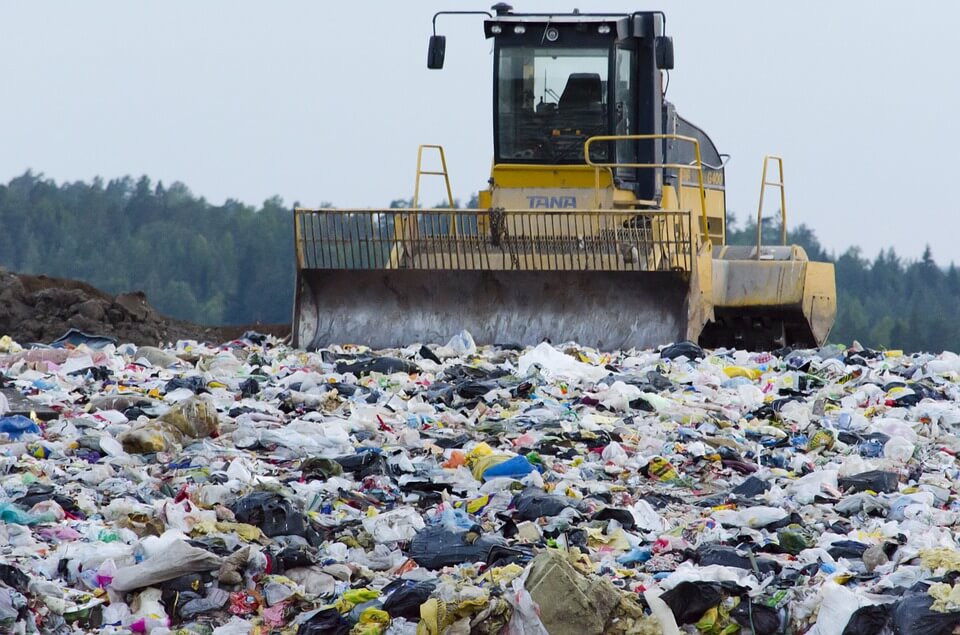Implementation of Programs and Legislation towards Zero Waste Goals
The Zero Waste concept that’s sweeping the nation pertains to the prevention of any waste from reach a landfill or incinerator. Cities and businesses are continuously exhibiting efforts in a myriad of ways, including implementing new recycling programs, banning the use of certain products, and increased production of energy from waste. Unilever, for example, has achieved this goal through the four “R” approach, outlined primarily to Reduce waste at the source and then Reuse, Recover or Recycle its remnants including hazardous waste. Unilever North America, the consumer goods producer, has likewise achieved 100% Zero Waste-to-Landfill at all their distribution centers. Los Angeles Memorial Coliseum got everyone participating as soon as the 2015 sports season begun in September, where fans were to recycle or compost any waste while vendors were to use only compostable materials.
Mergers and Acquisitions Driving the Industry Forward
Acquisitions among small waste removal companies have opened up expanding opportunities for them to create a bigger impact on the industry. These mergers pave the way to larger growth in the marketplace and drive the waste industry forward. However, it can lead to confusion as well with clients if it does not go smoothly. Transition issues may arise with adjustments done on systems, equipment, and staff, often resulting in increase costs, invoice change problems, and services interruptions. Thus, the need for extra attention and resources becomes prominent to deal with high levels of frustration and its adverse effects on customers.
Innovation on Advanced Technology Design of Trash and Recycling Systems
The development of innovative technologies is widespread in various segments of companies who each want to stay ahead of the competition. Trash and recycling bins, waste transfer stations, waste utility vehicles, can be easily overlooked, but technology changes and features infused in all of those solutions promote advancements in the waste industry and business growth. Novel systems and technologies carry the potential to greatly help companies to save money with decreased energy use and increased efficiency.
Municipalities Taking Action on Cutting Down Food and Organic Waste
Did you know that every year, people in the US generate around 14 million tons of food waste that equates to 106 pounds of food waste per person? This is according to the Environmental Protection Agency, and municipalities are already enforcing composting programs to combat its unnecessary growth. sporting venues, restaurants at hotels with at least 150 rooms, large food manufacturers and wholesalers would be required to recycle all food waste. New York City Mayor, Bill de Blasio, unveiled a proposal back in August last year wherein sporting venues, restaurants at hotels with a minimum of 150 rooms, wholesalers and large food manufacturers would be required to recycle their food waste.
Zero Waste indeed entails extensive efforts, but these steps are expected to yield a long-lasting, positive environmental impact.


























Leave a Reply